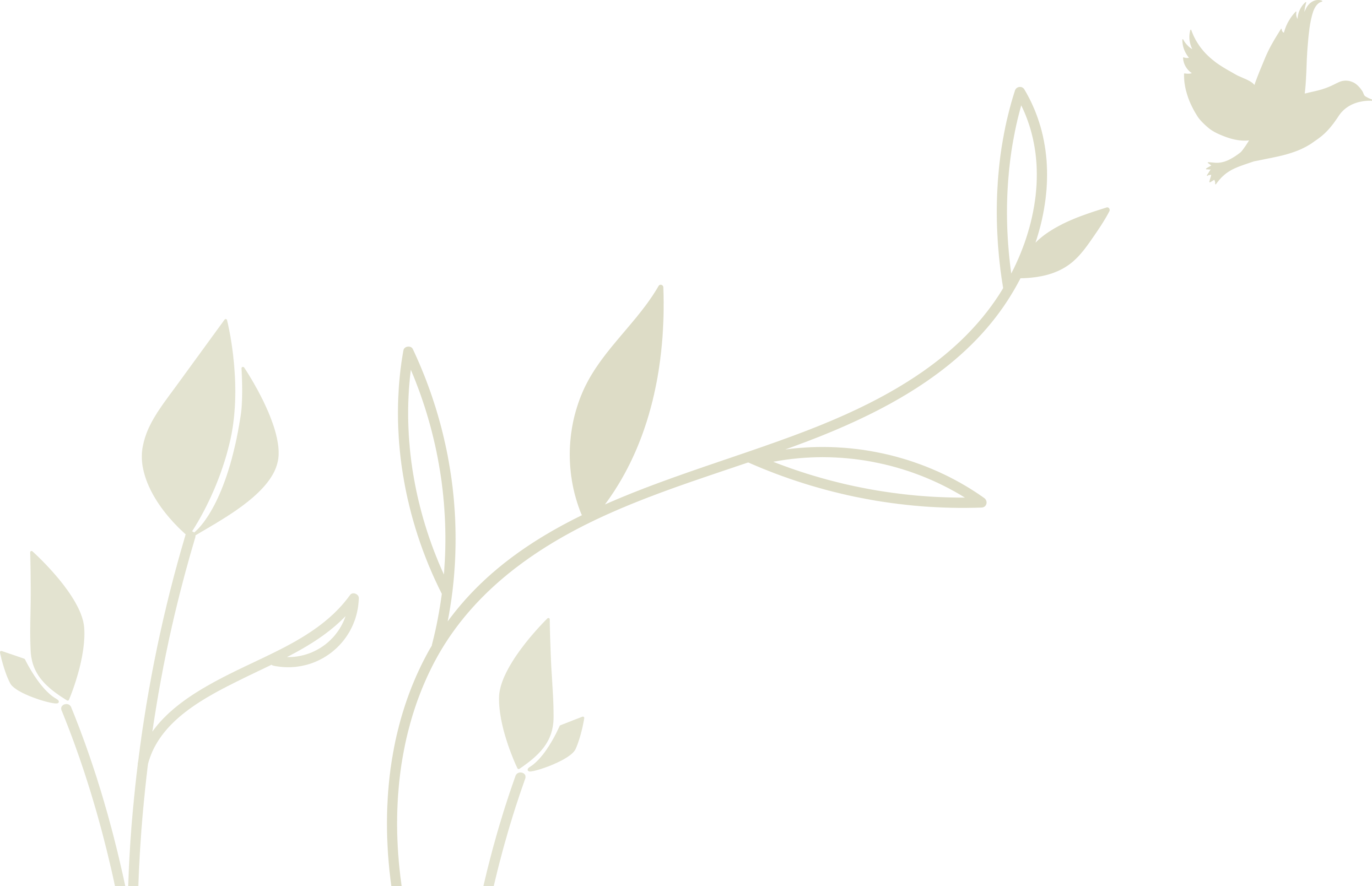I’m preparing to give my first week-long retreat, and it’s got my mind wandering down memory lane to the many times I made a summer retreat at the Jesuit Center in Wernersville.
The pack list was simple: Comfortable clothes, in layers. Quiet shoes for inside, and supportive ones for morning miles. Sketch pad with colored pencils. Weathered Bible. Spanish Bible. Perhaps a book of poetry, or another slim inspirational volume. Whatever cross-stitching project I was working on at the time (which I might not have touched since my last retreat). Above all, my journal and good pens—by which I mean inexpensive medium ballpoints. (Blue.)

It would take me a couple days to fall into the rhythm of retreat; some years I’d start twitchy, not quite sure what to do. Other times I’d arrive dog tired, entrusting myself to the assurance of Psalm 127: God pours out blessings on the beloved while they slumber. Until I got my bearings, the framework of retreat would carry me along–meals, Mass, spiritual direction–as would the space itself: a rocking chair in the east garden at sunrise; a cozy cushion in the chapel balcony before bed.
Decades later, certain memories remain fresh. Particularly poignant is the first retreat after my mother died. Bent by grief and not sure how to move forward, I sat for hours in my once-favorite garden, where they’d dug up all the irises (and other perennials) but hadn’t quite figured out what to replace them with. I’d brought Mary Oliver’s book Thirst for company, and found deep solace in her poem “Praying,” which spoke to both the garden and my life:
It doesn’t have to be
the blue iris, it could be
weeds in a vacant lot, or a few
small stones; just
pay attention, then patch
a few words together and don’t try
to make them elaborate, this isn’t
a contest but the doorway
into thanks, and a silence in which
another voice may speak.
(Copyright © 2006, Mary Oliver)
By the end of the week, the other voice I was listening for had spoken, bringing me a measure of peace.
Other years found me praying imaginatively with various Scripture passages. Once, I was on Psalm 116 for so long that I rewrote the words to express my gratitude more personally. And I can still remember the brink of the hill where I was standing when struck by the certainty that, like the Samaritan Woman at the Well, I was seen, known, and cherished by God—an awareness that returned to me powerfully along the Ignatian Camino last fall.
We can and should pray anywhere, at any time, just like we can squeeze in conversations with our beloved friends and family on the fly. But in our relationship with God, as in all those other relationships, there is no substitute for quality time. A retreat week creates the environment for us to settle into prayer and the time for that prayer to become expansive. It trains us to listen for the voice of the one who calls us by name, leading us (as today’s Gospel promises) to abundant life.
I know that not everyone has the time, freedom, money, or even desire to escape for a week of retreat. But oh my goodness, if you do . . .
There are still a few spaces left on the guided retreat I’m leading during the last week of June at St. Joseph Villa, which overlooks beautiful Shinnecock Bay in Hampton Bays, Long Island. Each morning, I will open the day with material for reflection around the themes of Finding God in Ordinary Time. Each afternoon, those who wish may gather for some gentle conversation about what’s been happening in prayer. For the rest of the day, including meals, we’ll enjoy the gift of shared silence. The retreat runs from the afternoon of Sunday, June 25 to the morning of Saturday, July 1, and the cost is $560 (which includes a private room and all meals). Click the link above for more information or to register.
Whatever your summer holds, I hope it finds you somewhere you can listen to the voice of the One who sees, knows, and cherishes you.
Christine



